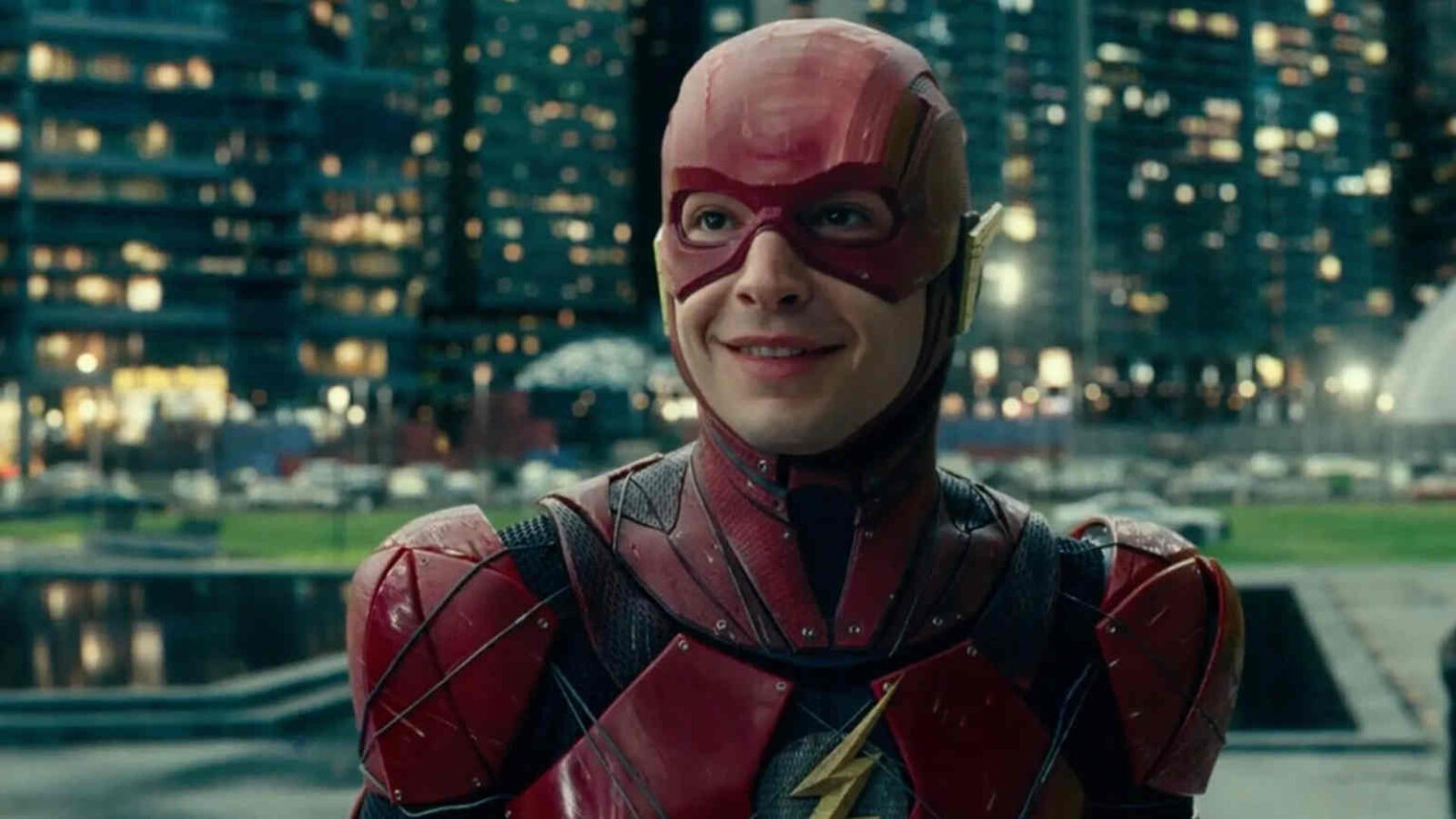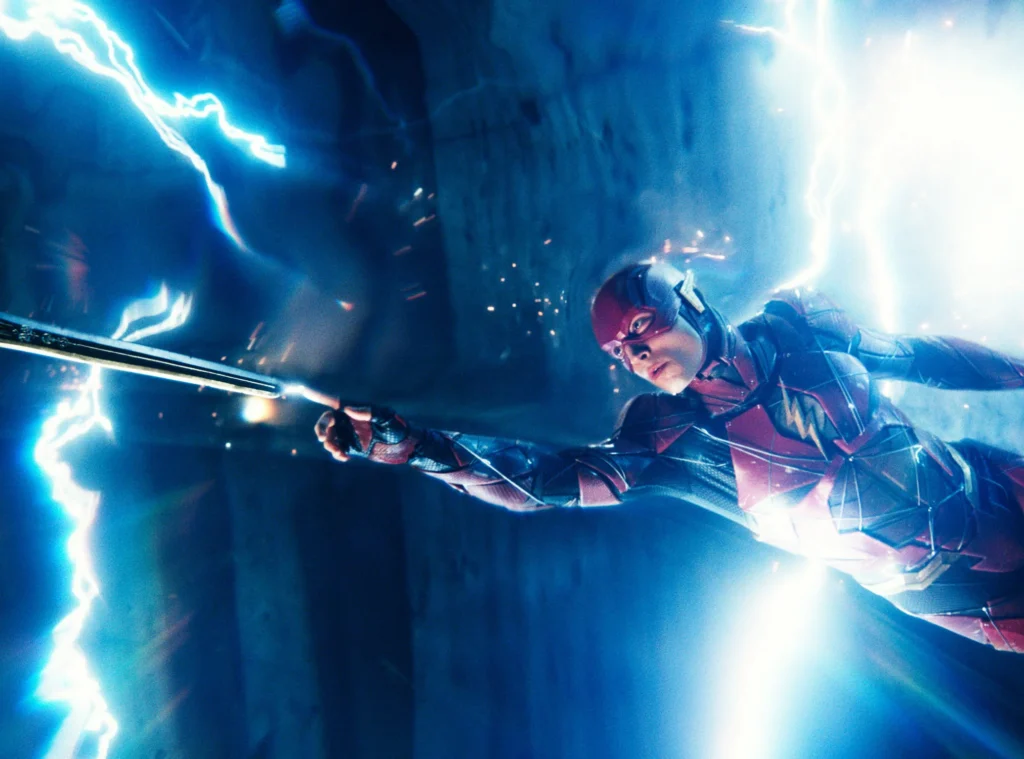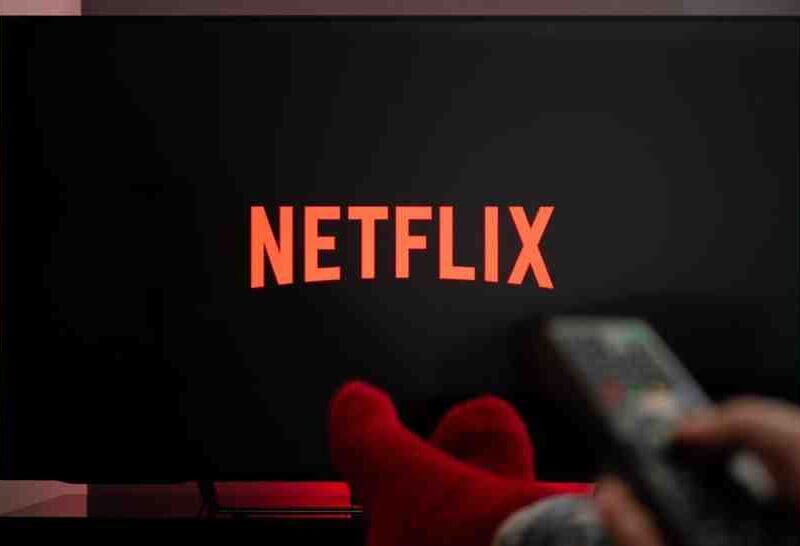
Is ‘The Flash”s toxic cast the reason why it bombed at the box office?
Could The Flash have ended up being a financial bolt of lightning for Warner Bros. Discovery, striking them with a shocking loss of over two hundred million dollars? Buckle up, readers, as we delve into the financial forecast of this much-anticipated superhero blockbuster, presented through the lenses of industry insiders.

The stumble
Just as the iconic superhero The Flash can dash across continents in a split second, it seems the movie managed to burn through a mammoth $200 million globally in its second weekend since release. But this rapid financial outflow may leave Warner Bros. Discovery in the red, according to box office analyst Luiz Fernando.
His predictions suggest that if the movie continues on its current track, the film’s earnings wouldn’t cover its sizable marketing budget, which stands at a cool $150 million. Quite a hefty price to pay for a film that could have potentially saved money had it been released directly on HBO Max.
Digging a little deeper, the cost of producing The Flash didn’t come cheap either. With a whopping $190 million spent on creating this superhero universe, Fernando speculates that Warner Bros. Discovery might be staring at a potential loss of more than $200 million by the time The Flash ends its run in theaters. A situation alarmingly similar to the financial predicament they faced following the release of Justice League in 2017.

Opening waves
When The Flash hit theaters on June 16, it did so with a burst of early positive reviews. But it wasn’t enough to save the movie from tripping at the box office. Opening weekend saw it rake in only $55 million domestically.
Presently, the movie’s domestic collection stands at a lackluster $87.5 million, with the worldwide tally hovering around $210.8 million. Subtracting the typical studio share leaves Warner Bros. with a modest $105.4 million in their pockets.
Beyond the box office, the production budget alone raises concerns. With Fernando’s estimate at $190 million, other sources like Deadline and CBC claim the budget could be anywhere between $200 million and $220 million. Add in the marketing costs, and the total expenditure could escalate to a dizzying $340 million. So, Fernando’s fears of The Flash losing more than $200 million don’t seem so far-fetched after all.
Helmed by Andy Muschietti, The Flash features a stellar cast, including DC Extended Universe’s Ezra Miller stepping into the spotlight as Barry Allen/The Flash. Michael Keaton revives his role as Bruce Wayne/Batman from Tim Burton’s Batman films, while Sasha Calle joins the team as Kara Zor-El/Supergirl. Despite the star power, the film is struggling to find its footing in theaters.

Big blunder
While its CGI-heavy production proved to be a sore point for The Flash, Director Muschietti stands by his decision to employ a generous amount of special effects. However, the film’s excessive reliance on CGI, according to VFX artist Zach Mulligan, may be more than just a creative choice.
In an eye-opening revelation on TikTok, Mulligan explained the intense pressure faced by VFX artists. Warner Bros., along with other big-league studios, often set unrealistic deadlines for CGI shots, leading to an overworked VFX crew pulling off relentless overtime shifts, including weekends. This could potentially explain the subpar special effects seen in The Flash, a product of an overburdened team and a fast-approaching deadline.
These conditions aren’t unique to The Flash though. Other franchises like Marvel have faced backlash for their treatment of VFX artists, most recently on Ant-Man and the Wasp: Quantumania. With studios in a frantic race to churn out multiple projects each year, Mulligan believes the quality of VFX will continue to decline.

Low opening
When The Flash premiered on June 16, it severely underperformed at the box office. With a whopping budget of over $200 million and marketing expenses of around $100 million, its first-weekend domestic opening of $55 million is a disappointment. Unless the movie gains traction in the coming weeks, it appears set to bleed money at the box office.
As we wrap up, it leaves us wondering: Can The Flash speed past its current hurdles and cross the finish line on a high note, or is it destined to crash and burn, just like its CGI effects?
_







